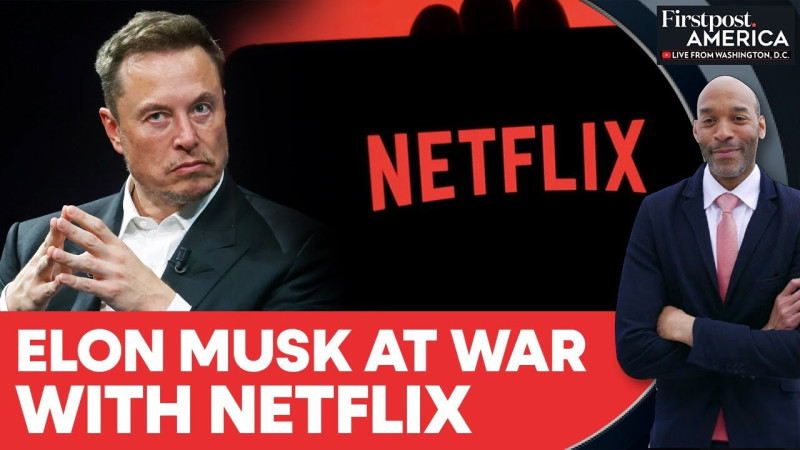In the latest flare-up of cultural clashes online, Netflix is grappling with a wave of subscription cancellations sparked by controversial comments from animator Hamish Steele. The uproar, which gained steam just days ago, centers on Steele's animated series Dead End: Paranormal Park, a show that wrapped up its run in 2022 but has suddenly found itself under fire for its inclusion of a transgender character. Indeed, what started as niche criticism has ballooned into a broader boycott, with thousands sharing screenshots of their canceled accounts on social media platforms.
At the heart of the storm is Steele's alleged mockery of Charlie Kirk, the conservative activist and Trump ally who was assassinated last month in a shocking turn of events. Steele, known for his work on the Netflix kids' series, reportedly posted online remarks that some interpreted as celebrating Kirk's death, dubbing him a "random Nazi." Such words, posted in the raw heat of social media, quickly drew ire from right-wing voices. However, Steele has since clarified that his intent was satirical, not celebratory, amid a deluge of hateful messages—including antisemitic and homophobic emails—that have left him rattled. It's a messy escalation, where one creator's edgy humor collides with deep-seated political wounds.
Enter Elon Musk, the Tesla CEO and X owner, who amplified the controversy to his 226 million followers. Musk announced his own Netflix cancellation, posting a simple "Same" in response to a user's rant against the platform's "woke agenda." He went further, urging parents to cancel Netflix for the health of your kids, tying the boycott to concerns over transgender themes in children's programming. This endorsement has supercharged the movement; reports indicate a surge in cancellations, with the #CancelNetflix hashtag trending fiercely. Netflix, for its part, has stayed mum, but the financial ripple could sting— the streamer already faces scrutiny over subscriber churn in a competitive market.
Moreover, the backlash highlights the volatile intersection of entertainment, identity politics, and online outrage. Supporters of Steele decry the harassment as overreach, while critics see Netflix's content choices as pushing boundaries too far for young audiences. As the dust settles, one wonders if this boycott will fizzle out like so many before it, or mark a deeper shift in how streaming giants navigate cultural divides.

